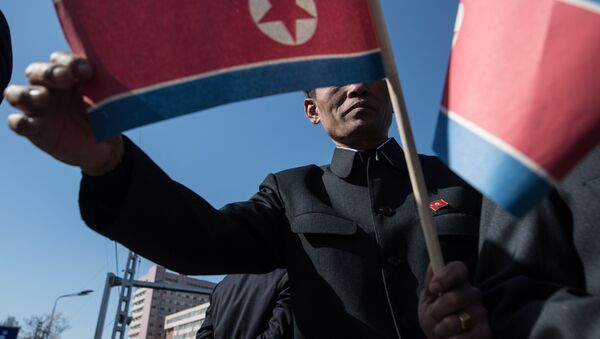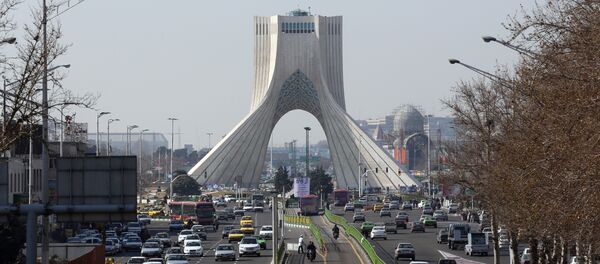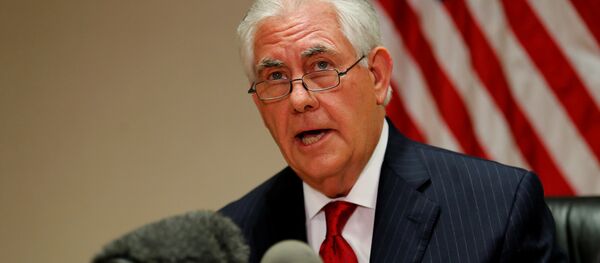On Tuesday, the State Department put out their 2016 Annual Report on International Religious Freedom, which once again affirmed that North Korea denies its citizens the right to religious freedom, despite the state constitution providing for "freedom of religious belief."
"The government continued to deal harshly with those who engaged in almost any religious practices through executions, torture, beatings, and arrests," the report reads. "An estimated 80,000 to 120,000 political prisoners, some imprisoned for religious reasons, were believed to be held in the political prison camp system in remote areas under horrific conditions."
The report also noted that the State Department in July issued the first ever biannual Report on Human Rights Abuses and Censorship in North Korea to the US Congress. The report identified eight organizations and 15 significant officials, including North Korean Supreme Leader Kim Jong-un, as being responsible for human rights abuses or censorship.
The report cites a 2014 UN commission of inquiry report that states that "there was an almost complete denial by the [North Korean] government of the right to freedom of thought, conscience and religion, and, in many instances, violations of human rights committed by the government constituted crimes against humanity."
The report also cites the South Korea-based Korea Institute for National Unification (KINU), which in 2015 reported "the existence of state-sanctioned religious organizations in the country such as the Korean Christians' Federation (KCF), Korean Buddhists Federation, Korea Catholic Association (KCA), Korea Cheondoist Society, and the Korean Association of Religionists." The significance of groups such as these in defending religious liberties in the DPRK are unknown to both KINU and the US State Department.
In 2001, the US State Department designated North Korea as a Country of Particular Concern (CPC), meaning the country severely violates the International Religious Freedom Act, a 1998 US law that imposes mandatory sanctions against countries that infringe on the religious freedoms of their citizens, unless a waiver is secured to promote US national security interests.
Along with North Korea, numerous nations are designated CPCs: Burma, China, Eritrea, Iran, Saudi Arabia, Sudan, Turkmenistan, Uzbekistan and most recently Tajikistan, which was added to the list in 2016.
Across the Demilitarized Zone, in South Korea, the religious situation was less severe. The report criticized South Korea for imprisoning those who opposed military service on religious grounds. Since 1950, the report noted, 19,000 South Koreans have been imprisoned for refusing to serve in the military. About 500 of them are currently imprisoned.
"Most conscientious objectors refused military service for religious reasons," the report read. "The number of conscientious objectors refusing military service for nonreligious reasons is also on the rise, according to local NGOs, lawyers and religious groups."




